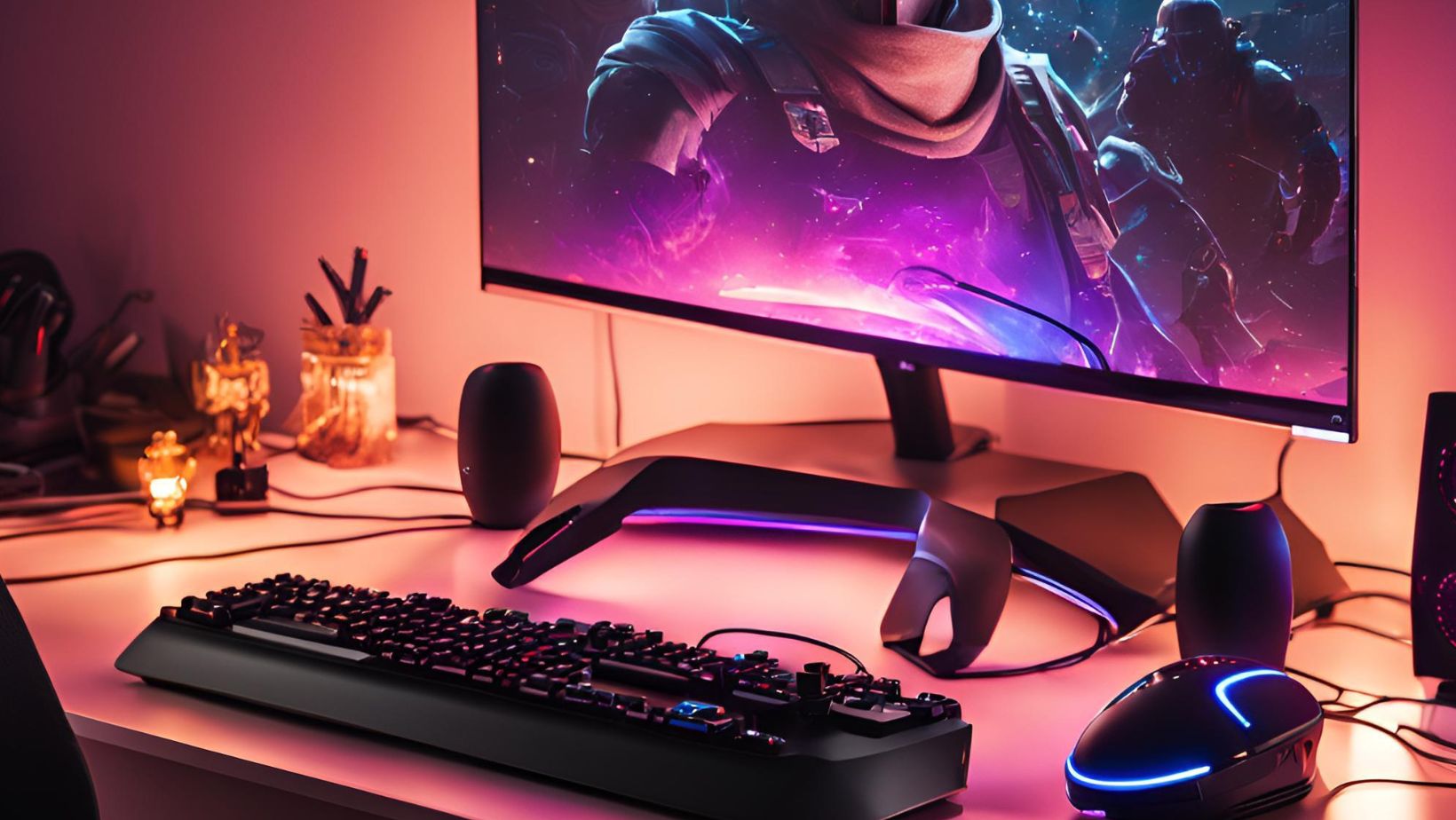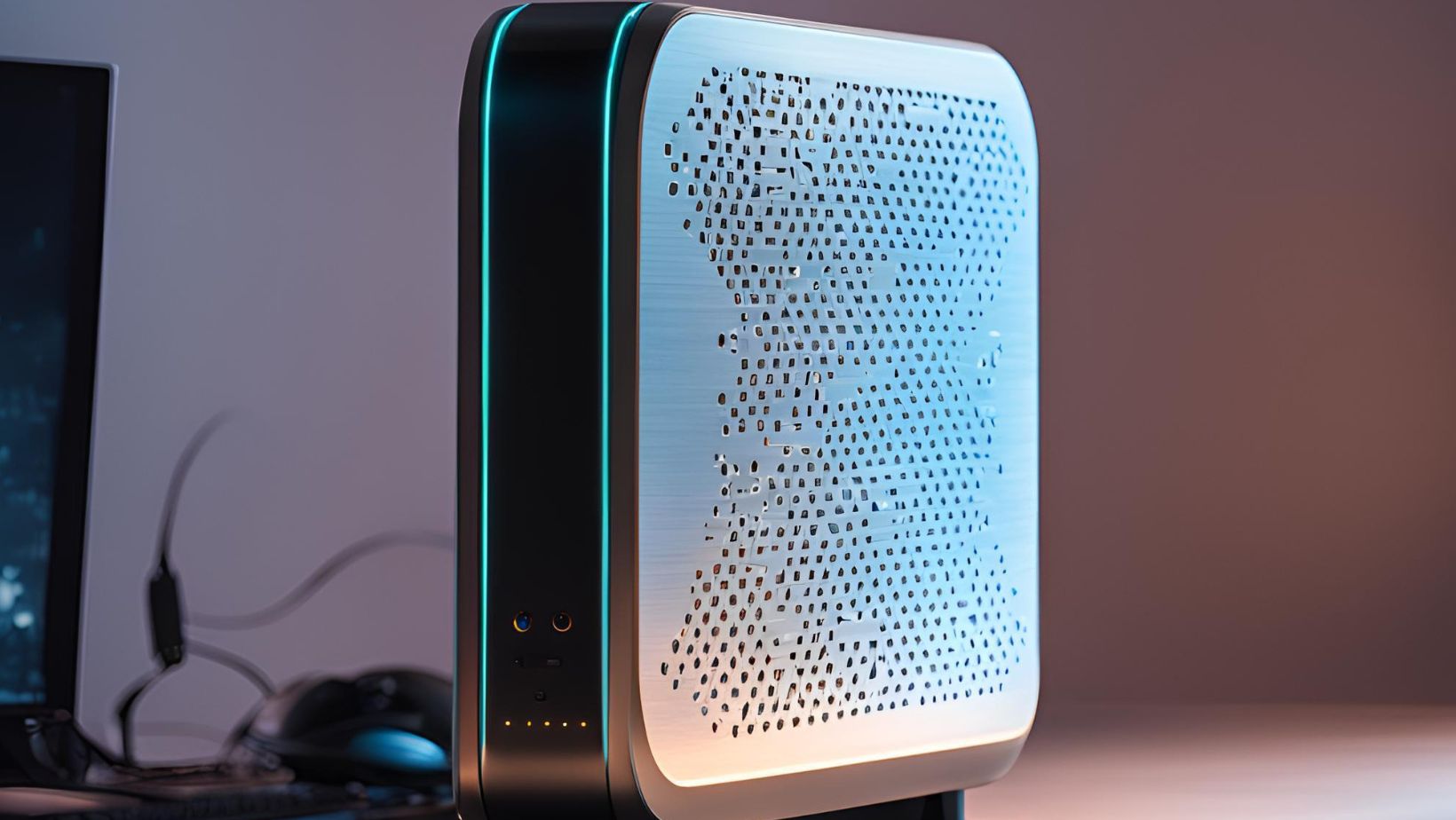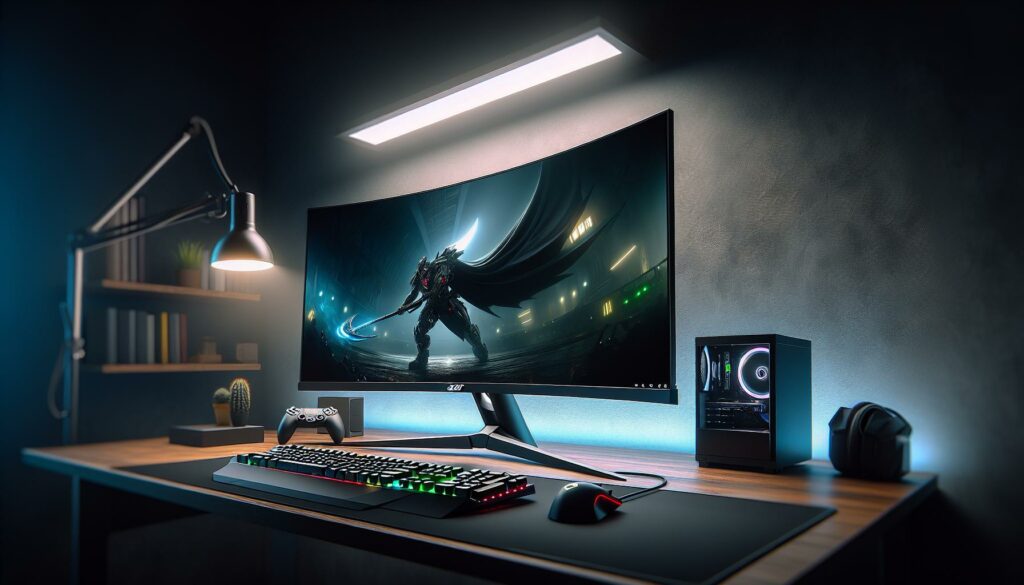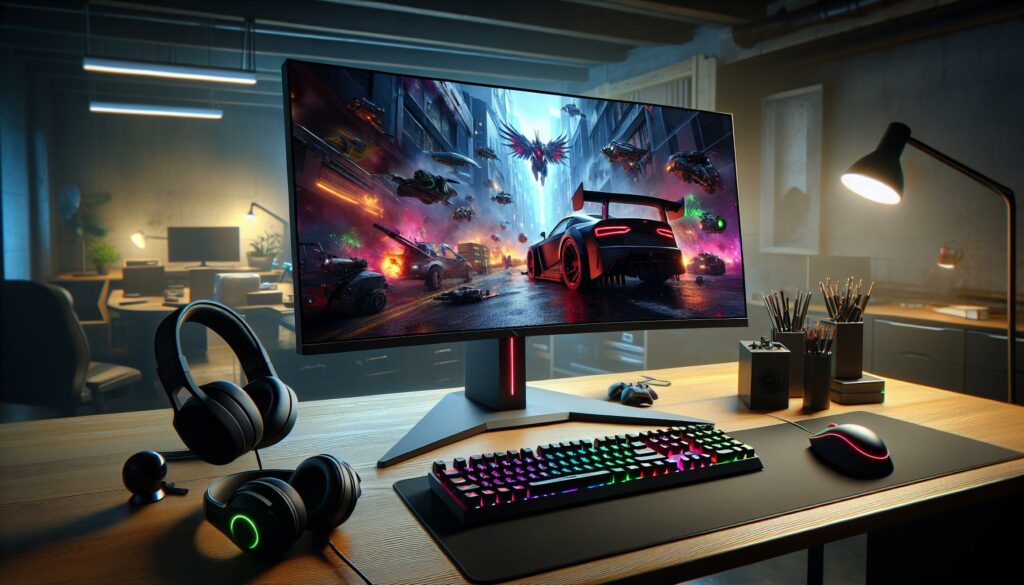When it comes to gaming, having the right internet speed can make all the difference between victory and defeat. I’ve spent countless hours battling lag and buffering, and I know firsthand how frustrating it can be. Understanding what constitutes good internet speed for gaming is crucial for anyone looking to enhance their experience.
In this digital age, where online gaming is more popular than ever, knowing the ideal bandwidth can help you choose the right plan. Whether you’re a casual player or a competitive gamer, the right speed ensures smooth gameplay and minimizes interruptions. Let’s dive into what you really need to enjoy your favorite games without a hitch.
Key Takeaways
- Understanding Internet Speed: Critical for enhancing the gaming experience by reducing lag and ensuring smooth gameplay; higher speeds support quick downloads and multiple users.
- Minimum and Optimal Speeds: Casual gamers require at least 3 Mbps, while competitive gamers need a minimum of 20 Mbps to maintain performance and reduce interruptions.
- Impact of Game Types: Different genres demand varying speeds, such as 25 Mbps for FPS games and 50 Mbps for MMOs, to ensure responsive and seamless gameplay.
- Connection Types Matter: Fiber optic offers the best speeds and lowest latency, followed by cable, while DSL and satellite may be insufficient for high-performance gaming due to slower speeds and higher latency.
- Latency and Ping: Aim for a latency below 30 ms for competitive gaming to avoid lag; managing both download and upload speeds is essential for an optimal gaming experience.
Whats Good Internet Speed for Gaming
Internet speed plays a critical role in enhancing the gaming experience. Knowing its definition and importance helps gamers make informed choices.
Definition and Importance
Internet speed refers to the rate at which data transfers between the internet and gaming devices. It directly influences how smoothly games run. Higher speeds reduce lag, enable quick downloads, and support multiple users without performance drops. For competitive gamers, low latency and consistent speeds are essential for winning and enjoying seamless gameplay.
Factors Influencing Internet Speed
Several factors impact internet speed for gaming:
- Connection Type: Fiber optic, cable, and DSL connections each offer different speeds. Fiber optic provides the fastest speeds, while DSL typically lags behind.
- Bandwidth: The amount of data that can be transferred at once affects gaming performance. Games require varying bandwidth depending on the type and number of players.
- Network Congestion: Increased traffic during peak times can throttle speeds. Sharing the network with multiple devices usually leads to reduced performance.
- Router Quality: Advanced routers offer better performance and can handle multiple connections efficiently, impacting overall speed.
- ISP Limitations: Internet Service Provider policies may affect speed. Some plans prioritize gaming traffic over general browsing.
Understanding these factors helps improve the gaming experience and ensures optimal performance.
Recommended Internet Speed for Gaming
Having the right internet speed enhances the gaming experience. Understanding the required speeds helps in selecting the best internet plan.
Minimum Speed Requirements
Casual gamers enjoy gaming with a minimum speed of 3 Mbps. This speed supports activities like online gaming on consoles or PCs. Competitive gamers require higher speeds; a minimum of 20 Mbps is ideal for consistent performance. Minimal speeds reduce lag and connection interruptions, ensuring smooth gameplay during online matches.
Optimal Speed for Various Games
Different games demand varying speed requirements.
- First-Person Shooters (FPS): A speed of at least 25 Mbps enhances responsiveness and minimizes lag during critical moments.
- Massively Multiplayer Online (MMO): An optimal speed of 50 Mbps supports multiple players in large virtual worlds without delays.
- Real-Time Strategy (RTS): A minimum of 10 Mbps meets the needs of strategy games, allowing for smooth gameplay and updates.
- Battle Royale Games: An ideal speed of 30 Mbps maintains fluidity during fast-paced action, crucial for competitive gameplay.
Meeting these optimal speeds positively impacts the overall gaming experience, providing an edge in competitive environments.

Types of Internet Connections
Understanding the different types of internet connections helps in selecting the right one for optimal gaming performance. Each connection type has unique advantages and disadvantages that affect speed and reliability.
Fiber Optic
Fiber optic connections offer the fastest internet speeds and the lowest latency, making them ideal for gamers. They utilize light signals to transmit data, supporting speeds ranging from 100 Mbps to 1 Gbps. Fiber optic technology provides stable connections without interruptions, even during high bandwidth usage. Many gamers benefit from this reliability, especially in competitive environments.
Cable
Cable internet connections are widely available and provide speeds between 10 Mbps and 1 Gbps. They use coaxial cables to deliver internet service and typically offer lower latency than DSL connections. Cable is a solid option for both casual and competitive gamers, although speeds can decrease during peak usage times when multiple users share the same bandwidth.
DSL
DSL connections deliver internet speeds from 1 Mbps to 100 Mbps, depending on the provider and distance from the service node. This type of internet operates over telephone lines, offering a stable connection. While DSL is generally slower than fiber optic and cable, many gamers find it sufficient for casual gaming. However, latency can be higher compared to other connection types, particularly at lower speeds.
Satellite
Satellite internet connections provide coverage in rural areas where other types may not be available. Speeds typically range from 12 Mbps to 100 Mbps, but latency is often higher, averaging around 500 milliseconds. While satellite can support casual gaming, it may not be ideal for competitive play due to potential lag. Weather conditions can also affect satellite performance, leading to interruptions during gameplay.

Impact of Internet Speed on Gaming Experience
Internet speed plays a crucial role in shaping a gamer’s overall experience. Factors like latency, download and upload speeds directly influence gameplay, determine performance, and affect player satisfaction.
Latency and Ping
Latency measures the time it takes for data to travel from the player’s device to the game server and back. Measured in milliseconds (ms), lower latency yields smoother gaming experiences. Ideal latency for competitive gaming is below 30 ms. Ping, often used interchangeably with latency, specifically refers to the round-trip communication time. High latency or ping causes lag, which can result in delayed actions and unresponsive gameplay, severely affecting competitive performance.
Download and Upload Speeds
Download and upload speeds measure the rate at which data is received and sent, respectively. For gaming, download speeds determine how quickly games load and how fast updates are applied. A minimum download speed of 3 Mbps suffices for casual gaming, while competitive gamers benefit from at least 25 Mbps. Upload speeds matter for activities like streaming gameplay and hosting online matches. Recommended upload speeds start at 1 Mbps for casual gamers, while competitive players aim for 5 Mbps or higher to ensure smooth interactions with servers and other players. Balancing both download and upload speeds fosters an optimal gaming experience.




